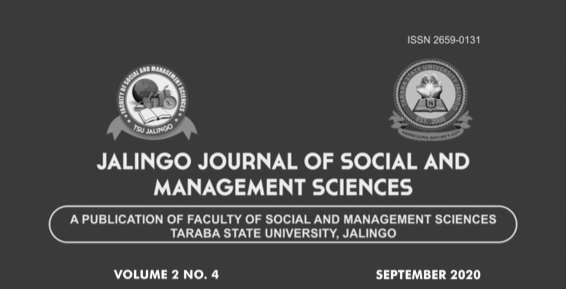Financial Inclusion and Entrepreneurship as Drivers of Socially Inclusive Economic Growth: Lessons from China
Keywords:
Business activities, Economic growth, Entrepreneurship, Financial access, OpportunitiesAbstract
This study examines the notion of financial inclusion and entrepreneurship as inclusive economy drivers of nations. Specifically, it draws inferences from the economic growth of China. Financial inclusion as a concept involves making financial services affordable for the low-income group so that they can also enjoy the benefits of financial services such as loans or insurance policies. Data for this research work was obtained through critical case sampling and content analysis. Certain factors such as financial access, opportunities, business activities, entrepreneurship and economic growth were adopted to examine the notion of financial inclusion in this work. It hinges its theoretical framework on the financial inclusion theories of public service, collaborative intervention and financial literacy theories. Therefore, this research work argues that the Chinese model of financial inclusion can be applicable to Nigeria if only this institution has government support, increased awareness activities and combined integrated efforts of these institutions. It depicts that if Nigeria must have a successful financial inclusion policy, it must deviate from its infrastructural support model and adopt an inclusive financial policy for its citizenry. It concludes that a nation’s economic performance is highly influenced by entrepreneurship and financial inclusion.

Downloads
Published
Issue
Section
License
Copyright (c) 2023 JALINGO JOURNAL OF SOCIAL AND MANAGEMENT SCIENCES

This work is licensed under a Creative Commons Attribution-NonCommercial 4.0 International License.
